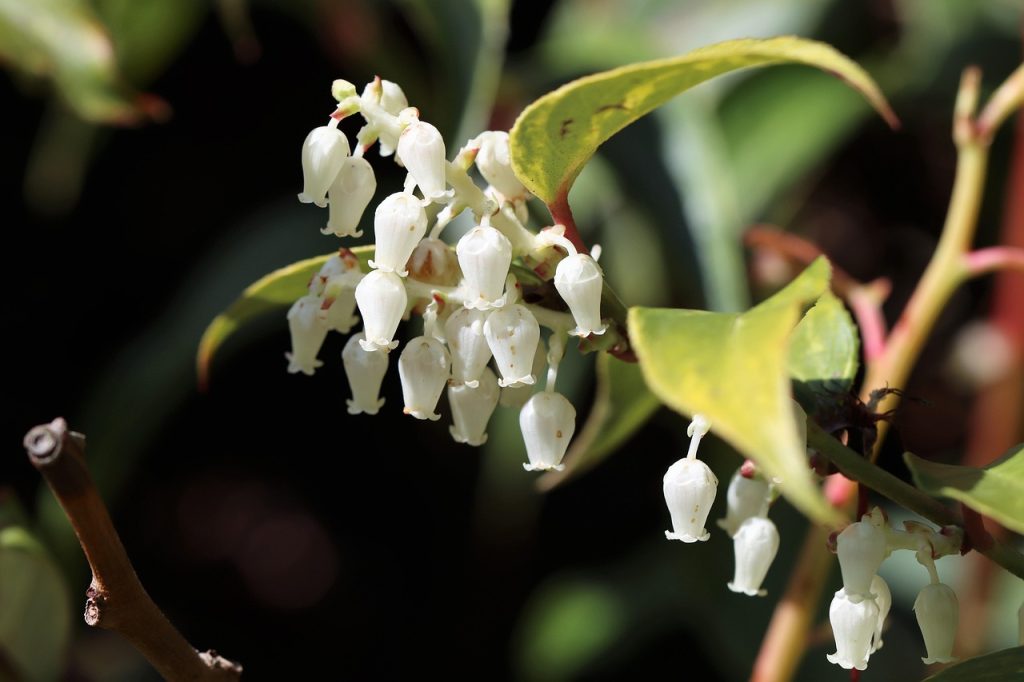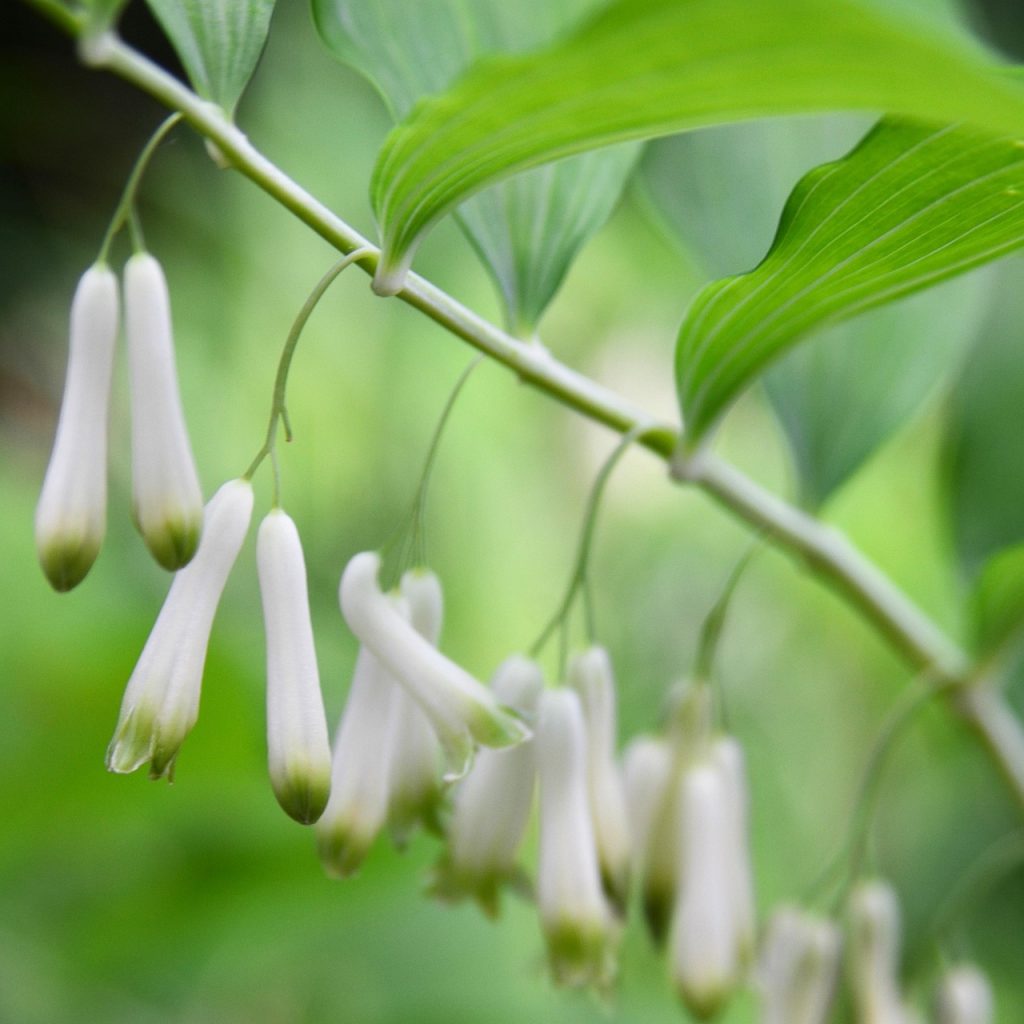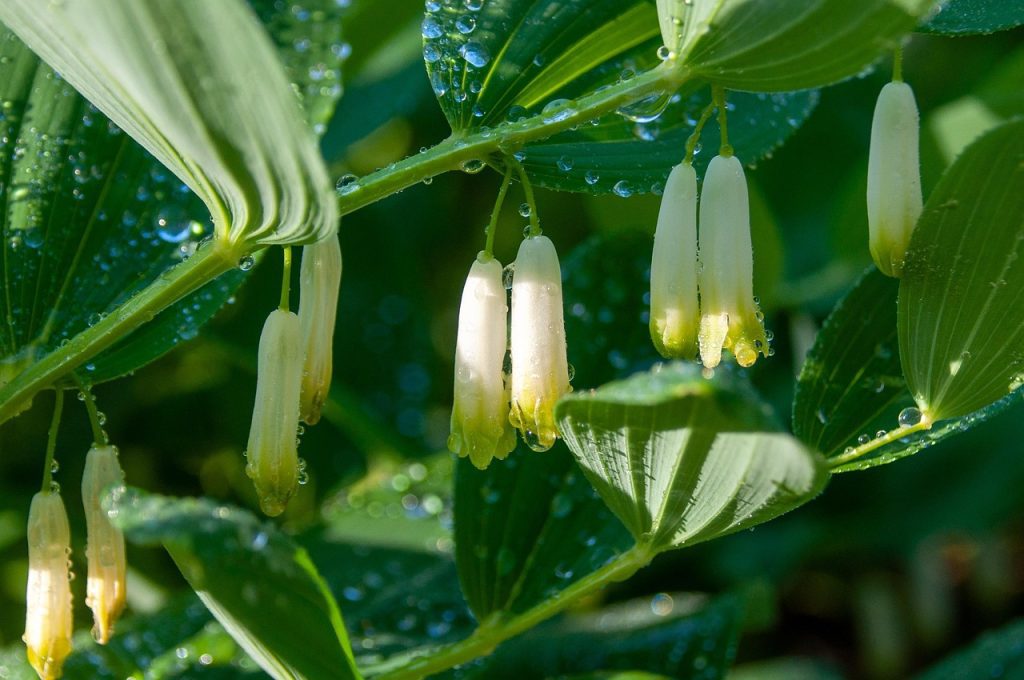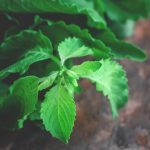
Did you know that a little-known woodland plant, Solomon’s Seal, has been used for centuries in traditional medicine to treat a wide range of ailments? While modern herbal medicine often spotlights trendy superfoods, Solomon’s Seal remains a quiet but powerful remedy with surprising benefits.
Whether you’re dealing with joint pain, inflammation, or digestive troubles, Solomon’s Seal medicinal uses might be the natural remedy you’ve been missing.
Table of Contents
What is Solomon’s Seal?
Solomon’s Seal (Polygonatum biflorum or Polygonatum odoratum) is a perennial plant commonly found in shaded forests of North America, Europe, and Asia. It’s easily recognized by its arching stems, bell-shaped flowers, and distinctive root scars—believed to resemble the biblical seal of King Solomon.
Traditional Solomon’s Seal Medicinal Uses
A Time-Tested Remedy in Folk Medicine
Solomon’s Seal has long been valued in Native American, Chinese, and European herbal traditions. Its rhizomes (underground stems) and roots are the primary parts used for medicinal purposes.
Joint Pain and Ligament Injuries

One of the most renowned Solomon’s Seal medicinal uses is for joint and connective tissue repair. Herbalists often recommend it for:
- Ligament sprains
- Tendonitis
- Cartilage wear
- Dislocated joints
According to The Herbal Academy, it helps restore elasticity and moisture to connective tissues, making it especially valuable for athletes and those with repetitive strain injuries.
Source: Herbal Academy
Anti-Inflammatory Properties
Solomon’s Seal contains saponins and flavonoids, natural compounds with potent anti-inflammatory effects. These help:
- Reduce swelling in arthritic joints
- Calm inflamed mucous membranes
- Alleviate pain from repetitive stress injuries
Internal Health Benefits of Solomon’s Seal
Healing Beyond the Surface
While it’s often applied topically, Solomon’s Seal also works internally to restore balance within the body.
Supports Digestive Health

When brewed as a tea or taken as a tincture, Solomon’s Seal can soothe the digestive system. It has been traditionally used to:
- Ease stomach cramps
- Stimulate appetite
- Relieve diarrhea
Its mild astringent and demulcent nature makes it ideal for both irritated intestines and inflamed gastrointestinal conditions.
Respiratory and Lung Support
Solomon’s Seal tea is believed to moisten dry lungs and support healing from:
- Chronic coughs
- Bronchitis
- Inflamed throat tissues
Its mucilaginous qualities coat and calm dry or irritated airways.
Skin Healing and Topical Applications
A Natural Remedy for External Ailments
Another well-known Solomon’s Seal medicinal use is for skin health and injury recovery.
Wound Healing and Bruises
Crushed Solomon’s Seal root can be made into a poultice or salve to:
- Reduce swelling from bruises
- Speed up wound healing
- Soothe insect bites
Some herbalists also recommend it for treating minor burns, abrasions, and rashes due to its cooling and restorative properties.
How to Use Solomon’s Seal Safely
Dosage, Forms, and Precautions
Solomon’s Seal is typically available in the following forms:
- Dried root (for tea infusions)
- Tinctures and extracts
- Topical salves and balms
- Capsules
Recommended Dosage
- Tea: 1 tsp dried root per cup of water, simmered 15–20 minutes
- Tincture: 10–30 drops, 2–3 times daily (consult a practitioner)
Safety and Side Effects
While generally safe in moderate amounts, excessive use can cause nausea. It’s best to consult a licensed herbalist or healthcare provider before long-term use—especially if pregnant or on medications.
For more evidence-based herb safety info, refer to:
Source: American Botanical Council

Final Thoughts: Why You Should Explore Solomon’s Seal Medicinal Uses
Whether you’re seeking natural relief for sore joints, irritated lungs, or inflamed skin, Solomon’s Seal offers a variety of gentle, effective healing benefits. It’s a powerful ally in the world of herbal medicine—one that deserves a spot in your home remedy toolkit.
Call to Action
Curious to try this ancient remedy for yourself?
Explore high-quality Solomon’s Seal tinctures and dried herbs from trusted sources like Mountain Rose Herbs or consult a certified herbalist for personalized guidance.
For more herbal wisdom and natural health tips, visit The Planttube Blog and subscribe to our newsletter today.
Disclaimer: This post is for informational purposes only and is not a substitute for medical advice, diagnosis, or treatment. Always consult a healthcare professional before using herbal remedies.








